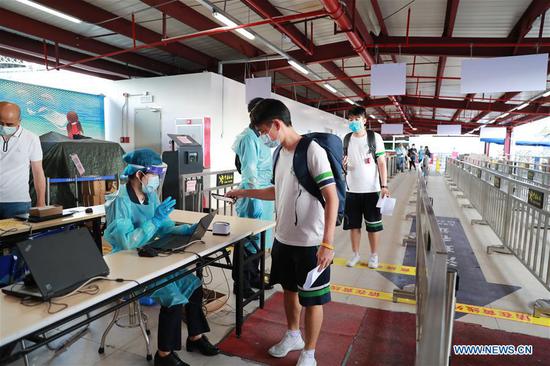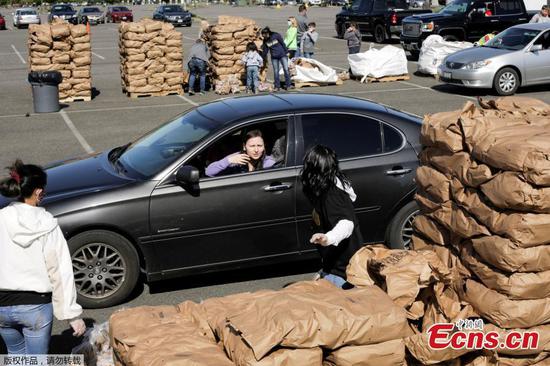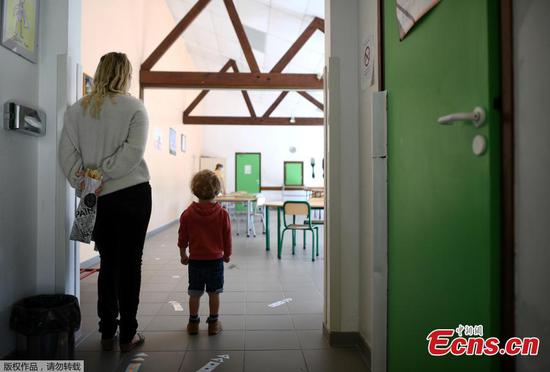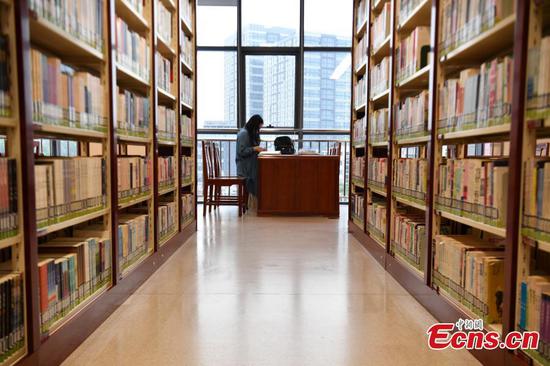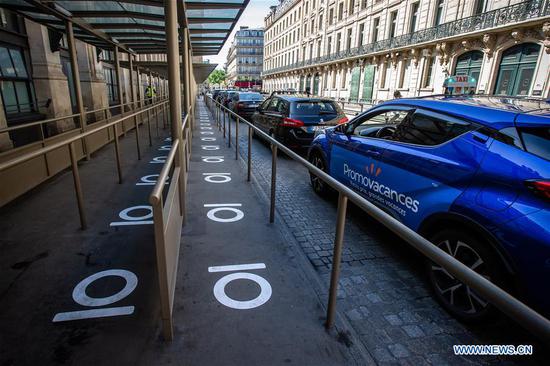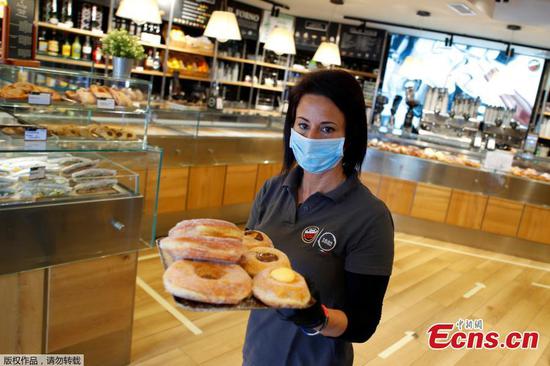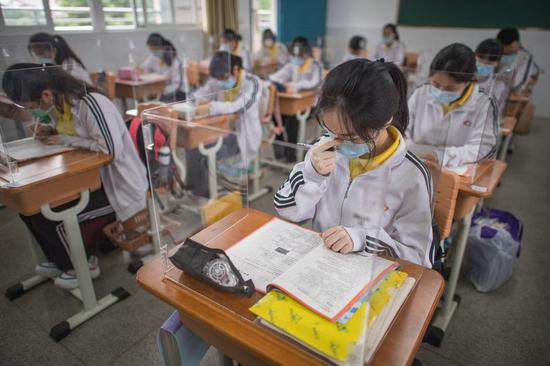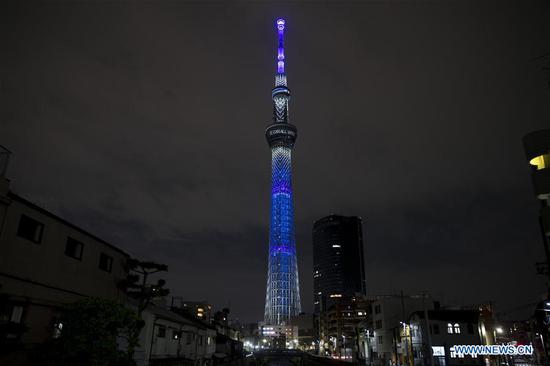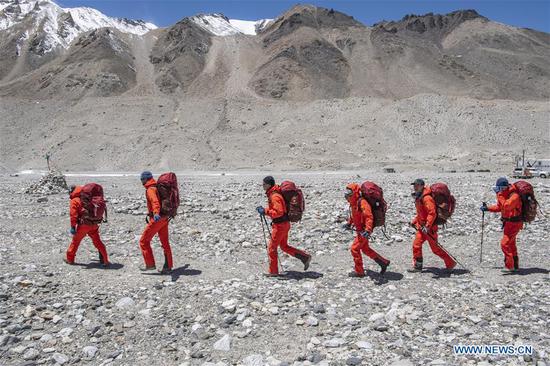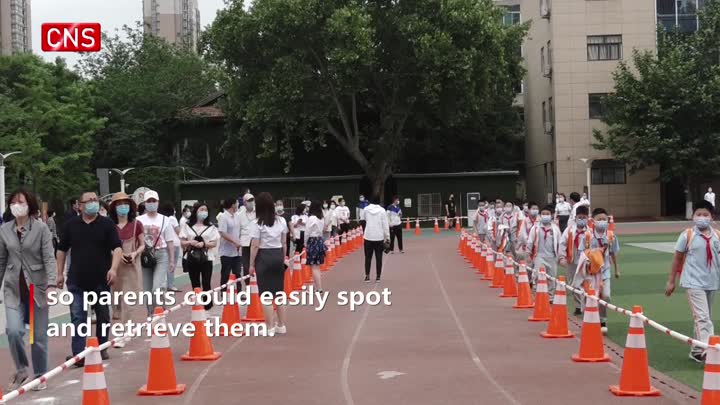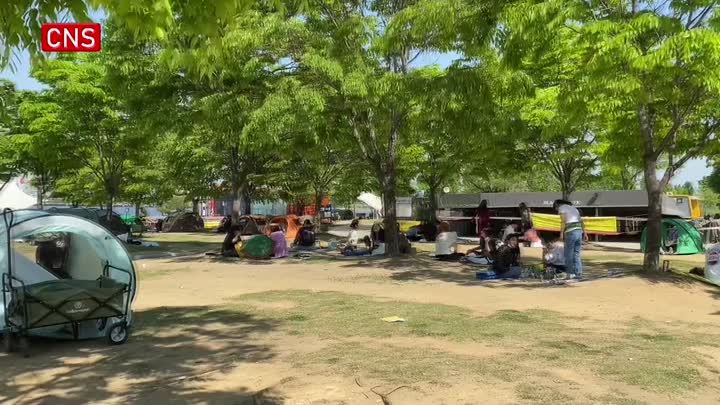Further measures
Trump said on Thursday his administration was considering further economic measures, possibly via executive orders, to provide help against the economic fallout from the pandemic.
The Trump administration is also pushing for a nationwide economic reopening despite concerns voiced by public health experts and local officials. The White House said it is seeking revisions to a document drafted by the Centers for Disease Control and Prevention that gives detailed advice to local leaders on reopenings.
Two U.S. states, Michigan and California, which have some of the most restrictive stay-at-home orders to stop the spread of the novel coronavirus, started to ease them on Thursday.
Michigan Governor Gretchen Whitmer said that manufacturing-including auto plants-can resume production on Monday.
Many plants have already said they plan to restart production on May 18. But auto parts suppliers and tool and die shops, which said they needed to get moving ahead of the auto plants, can resume work as soon as Monday.
California Governor Gavin Newsom outlined the first widespread changes to a stay-at-home order that shut most retail shops in his state. Beginning on Friday, retailers such as clothing stores, bookshops, florists and sporting goods stores were allowed to reopen for curbside pickup. The order won't include other close-contact businesses such as dine-in restaurants and hair salons.
Brazil, the epicenter of the coronavirus pandemic in Latin America, on Thursday registered 9,888 new confirmed cases and 610 related deaths from the previous day, bringing the total number of cases and deaths, respectively, to 135,106 and 9,146, according to Brazil's Health Ministry.
Brazil could face "economic collapse" in a month due to stay-at-home measures to stem the virus outbreak, with food shortages and "social disorder", Economy Minister Paulo Guedes warned on Thursday.
Also on Thursday, the United Nations called on governments, companies and billionaires to contribute to a $6.7 billion fund for immediate needs in fighting the pandemic in vulnerable countries, warning that a failure to help could lead to a "hunger pandemic", famine, riots and more conflict.














